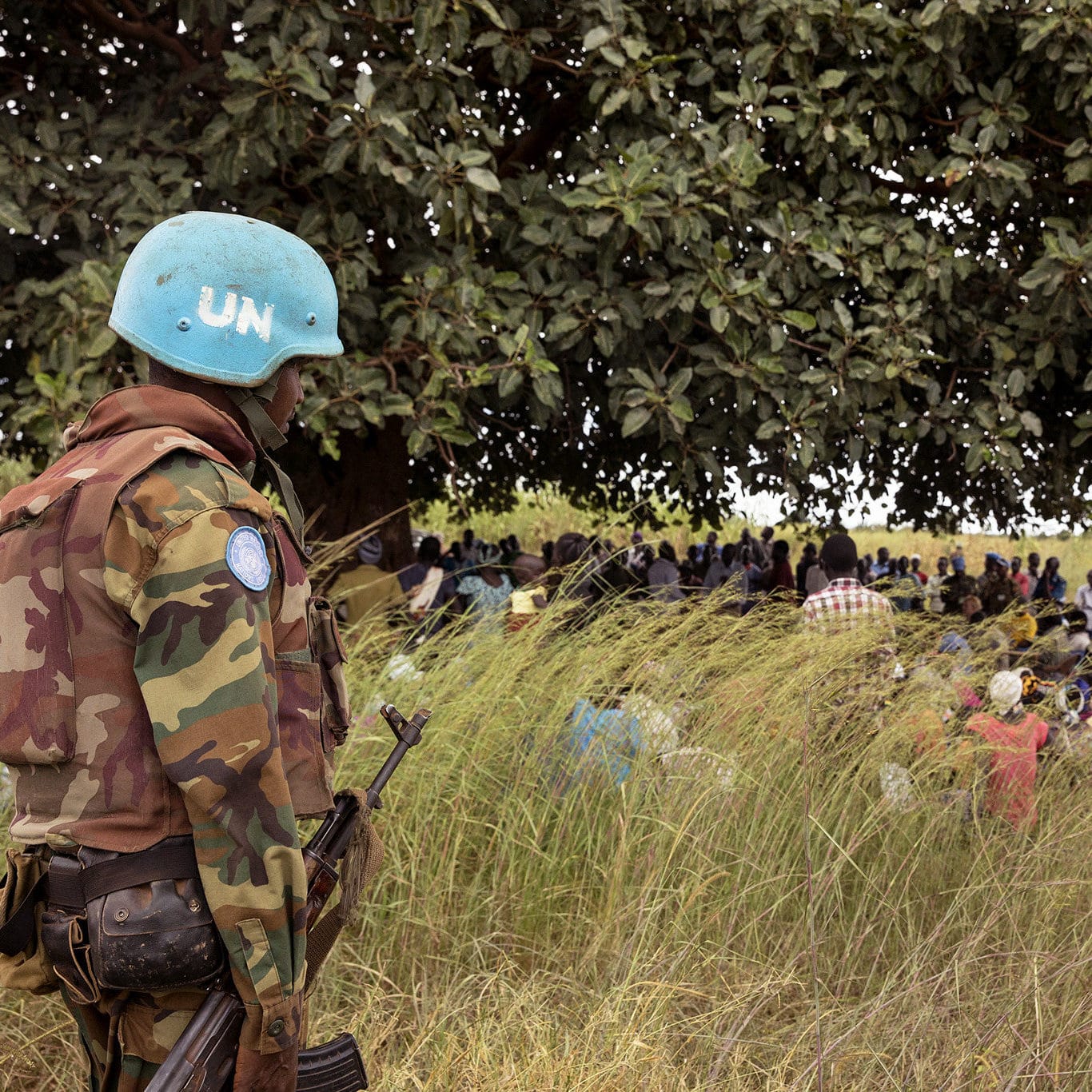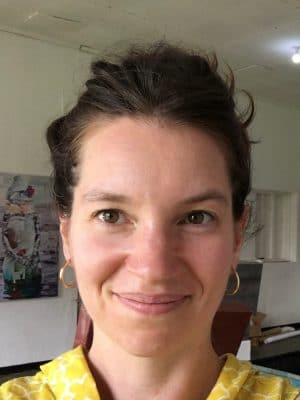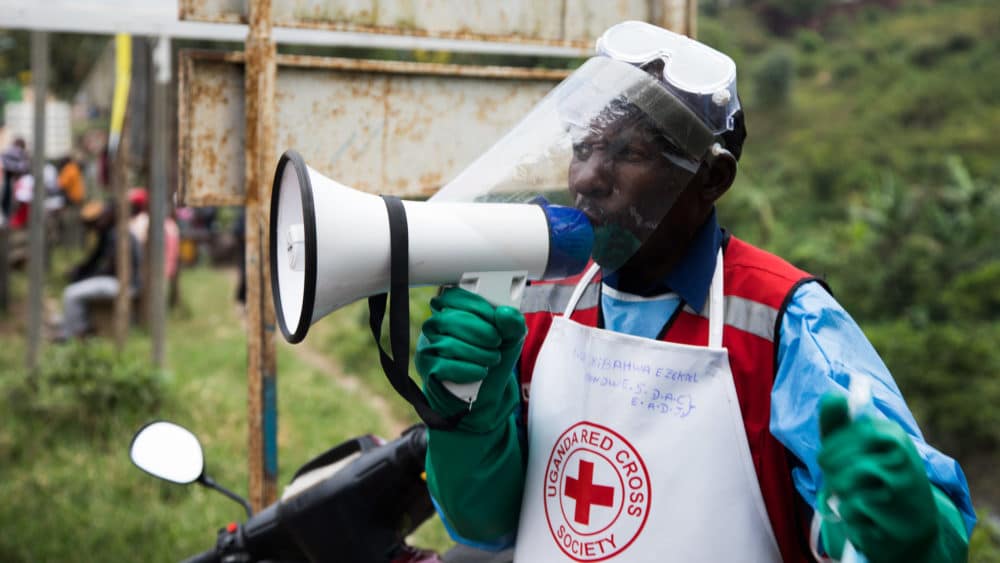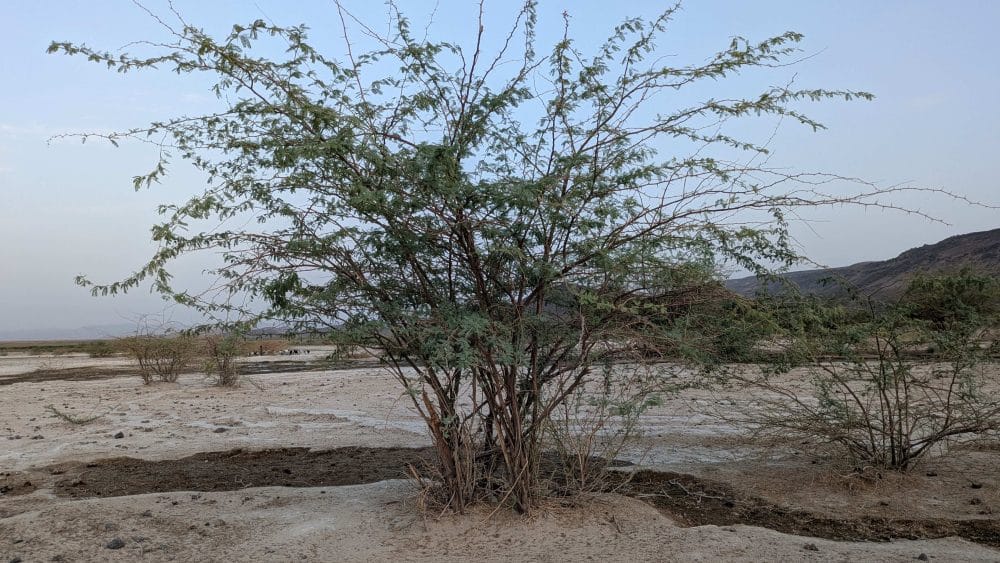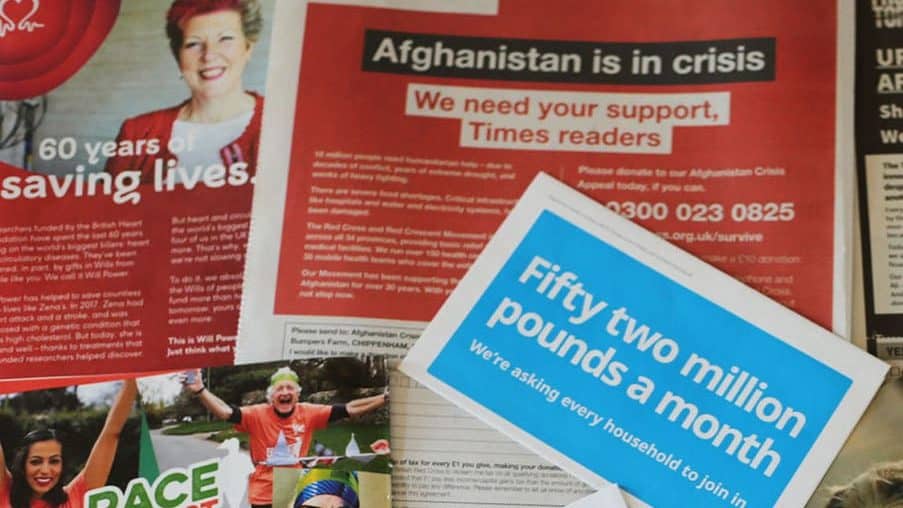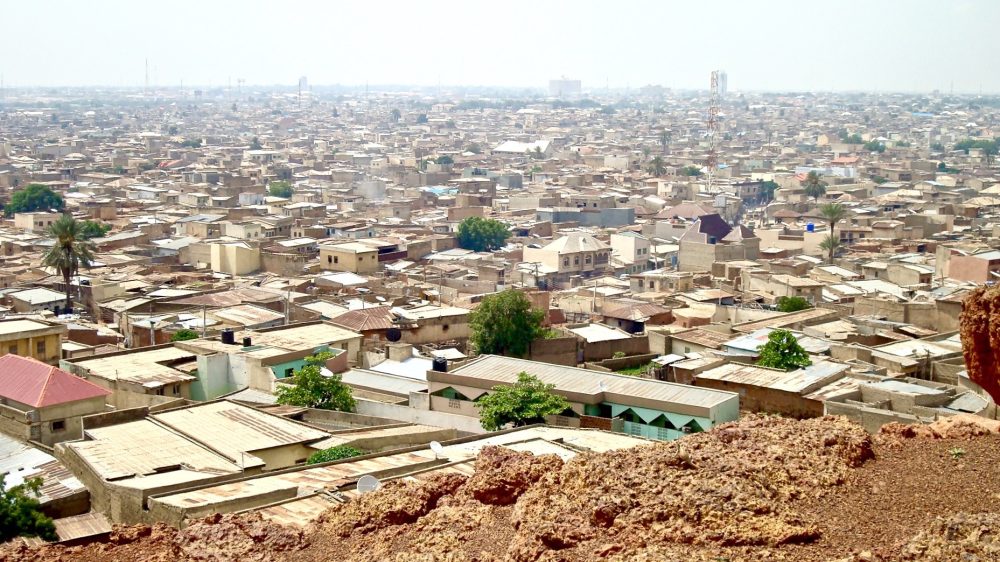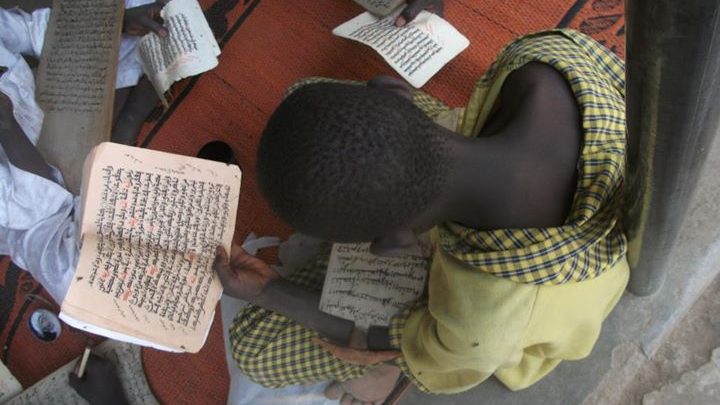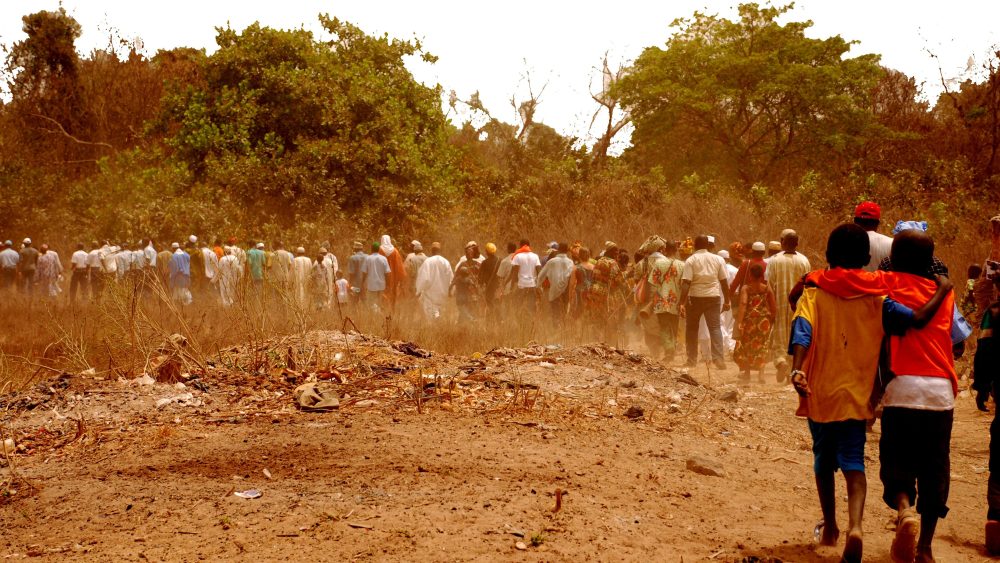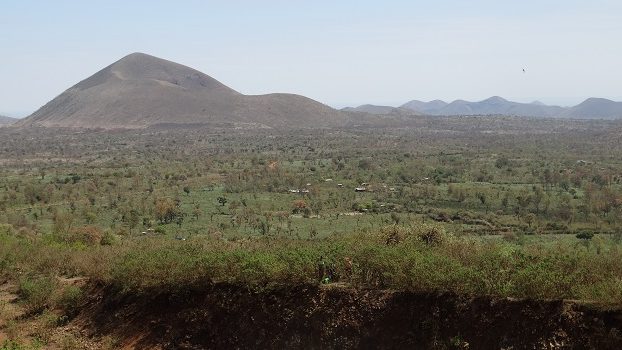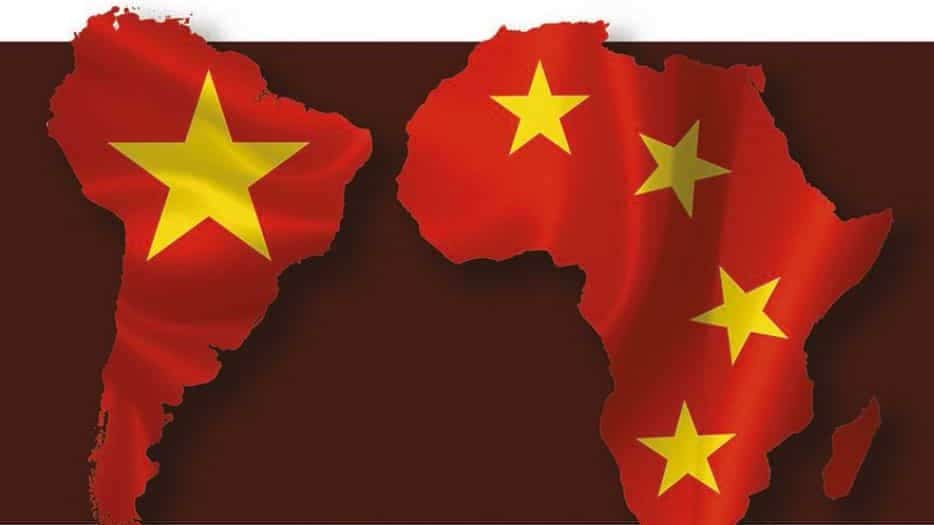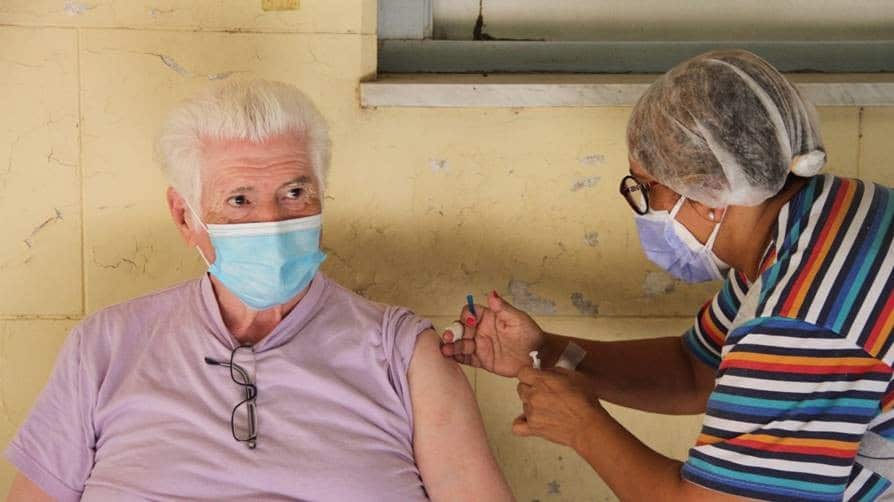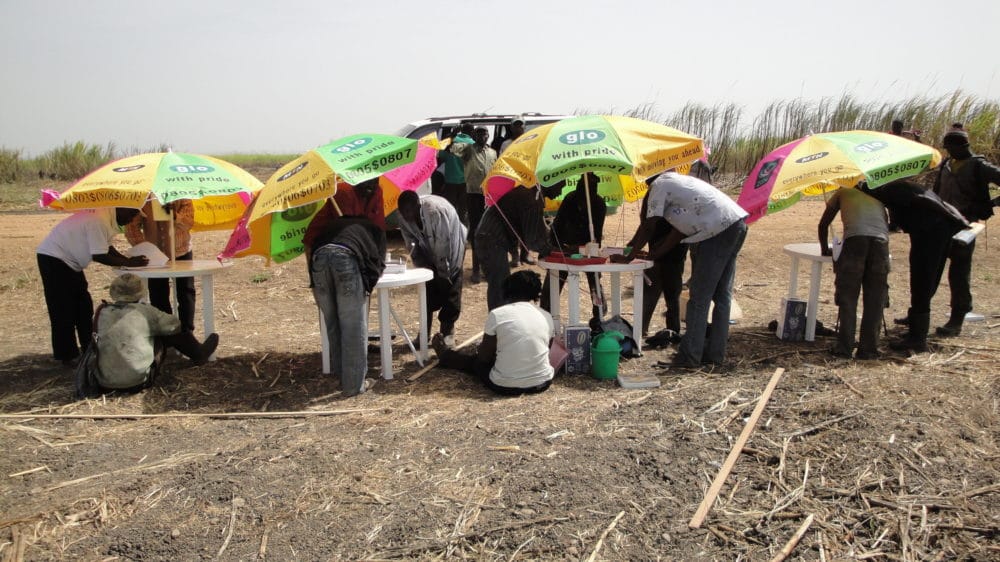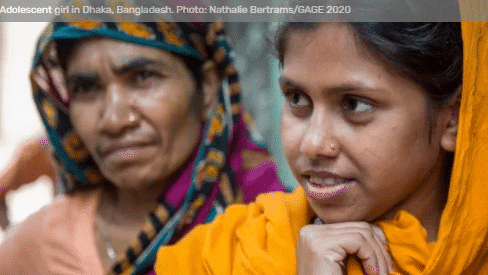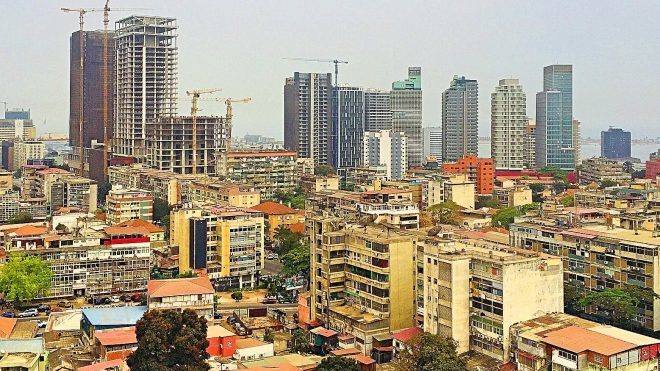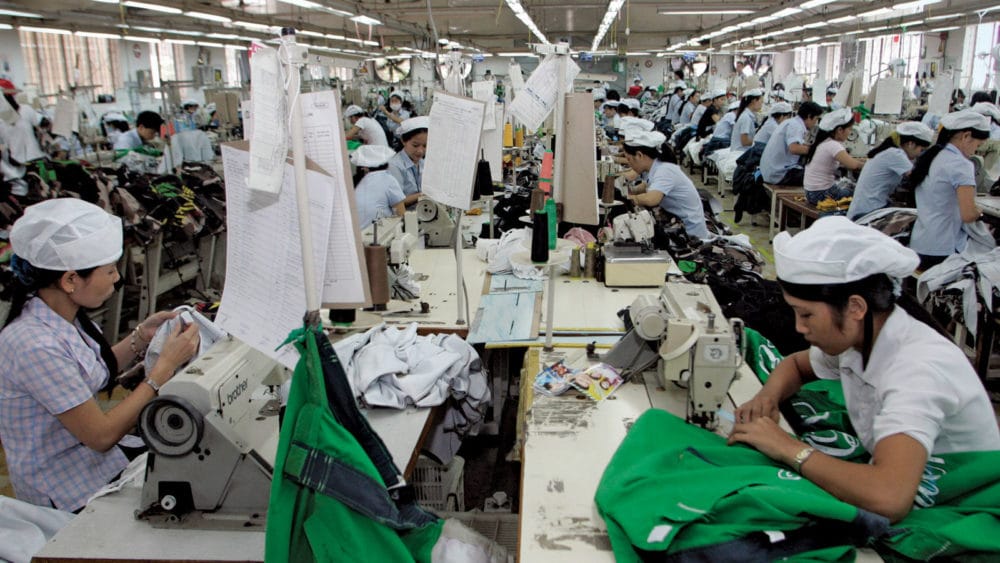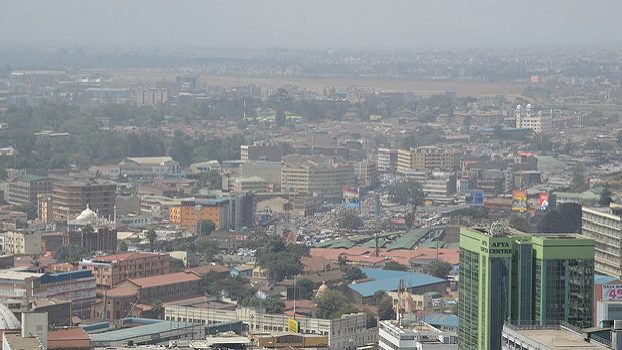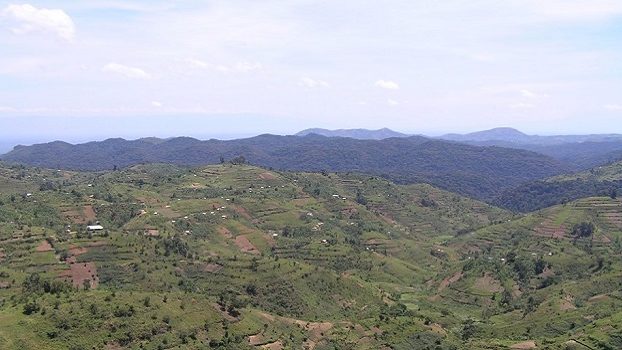Image credit: UN Photo/Isaac Billy
Taking the perspective of the everyday lived realities of ordinary people, CPAID seeks to move away from the assumption that only Western-style formal state institutions can provide the structures necessary for thriving economic and social life. Instead, researchers will use the concept of public authority to investigate the roles played by a multitude of actors and institutions – including governments, clans, religious institutions, aid agencies, civil society organisations, rebel militias and vigilante groups – in shaping the political orders that make mutuality and economic activity possible in conflict-affected areas.
Endowed with funding of £5 million from the Economic and Social Research Council (ESRC), CPAID brings together world-leading researchers on Uganda,
Kenya, Sierra Leone, Rwanda, Burundi, the Democratic Republic of Congo, South Sudan, Sudan, Somalia, Ethiopia and the Central African Republic. Disciplinary backgrounds range from anthropology, economics and development studies to international relations and political science. Building on the knowledge, networks, and connections of its members, CPAID aims to make a substantial impact by engaging meaningfully with stakeholders in the researched countries, forging closer links between academic research and policy-making, and providing an evidence base for more effective policies to promote inclusive growth and social change.
See more on the Centre for Public Authority and International Development website.
Follow the Centre for Public Authority and International Development on twitter.

